Guidelines for structure and content of research papers
General provisions.
The author's material (the manuscript of the article) proposed for publication must be original, not previously published in other publications, and thematically correspond to the profile of the journal (economic Sciences).
The most interesting articles are those that contain theoretical, hypothetical, methodological, predictive and practical components, and take into account advanced foreign experience. We welcome research that not only expresses the expert opinion of the scientist in the form of theoretical theses, but also ensures their reliability and validity with primary and secondary data.
The decision on non-compliance of the article with the formal requirements can be made by the editorial Board of the journal on the basis of initial review.
Types of articles accepted for consideration
The following types of articles are accepted for consideration:
theoretical and empirical research – works with clearly defined research objectives and based on a meaningful (conceptual) analysis of categories and(or) economic and mathematical modeling and (or) analysis of empirical data. Regardless of the subject matter and methodology such articles should contain specific management proposals as a conclusion;
scientific review. The main requirement for articles of this type is an original critical view of the chosen problem and analysis of a wide range of literature on the issue under consideration, primarily journal literature (domestic and foreign, classical and modern). It is expected that such articles will introduce archival materials, rare sources, and the results of the latest research from the world's leading authoritative economic journals into scientific circulation;
methodology of economic research – works aimed at presenting a new, proposed by the author, research tools for economic categories and processes. Here we will consider in detail the technique of building models, finding and justifying criteria, algorithms for making managerial decisions, searching for data and measuring indicators.
Requirements for the article structure
Regardless of the type, the content of the article should include three main sections:
introduction, where the author justifies the relevance of the topic and the feasibility of its development, defines the purpose and objectives of the study, reveals the tested hypotheses. The main task of this section is to establish a scientific problem that is currently not fully solved in the theoretical or practical aspect, has inconsistencies between theoretical assumptions and reality, and so on.
Without sufficient justification by the author of the relevance and expediency of the topic under study, the article may be rejected at the initial review;
the main part, which includes several sub-items that have a name. A mandatory element of the main part is a review of the available literature, which sufficiently reflects the results of previous research on the problem; methodological grounds that explain the theoretical boundaries and prerequisites of the work. Also in this section, the author, based on the analysis and synthesis of information, reveals the processes and methods of research of the problem, describes in detail the results of the research;
conclusion, where the author formulates conclusions, gives recommendations, reveals the results of the study (in accordance with the goal), containing scientific novelty, and indicates possible directions for further research.
The editorial Board asks the authors to pay special attention to the following:
The author is responsible for the accuracy of information, the accuracy of citations and references to official documents and other sources.
The following mandatory requirements are met in published materials:
- the purpose and objectives are clearly stated and the novelty of the research is justified (introduction);
- clearly defined place of the proposed approaches and hypotheses in the "coordinate system" of existing research on the issues under study (introductory or main part);
- a "review" of available works on this or related topics (main part);
- reflects a wide range of literature on the subject, primarily magazine (domestic and foreign, classical and modern).


















 CEDR.UZ
CEDR.UZ TSUE.UZ
TSUE.UZ Telegram
Telegram